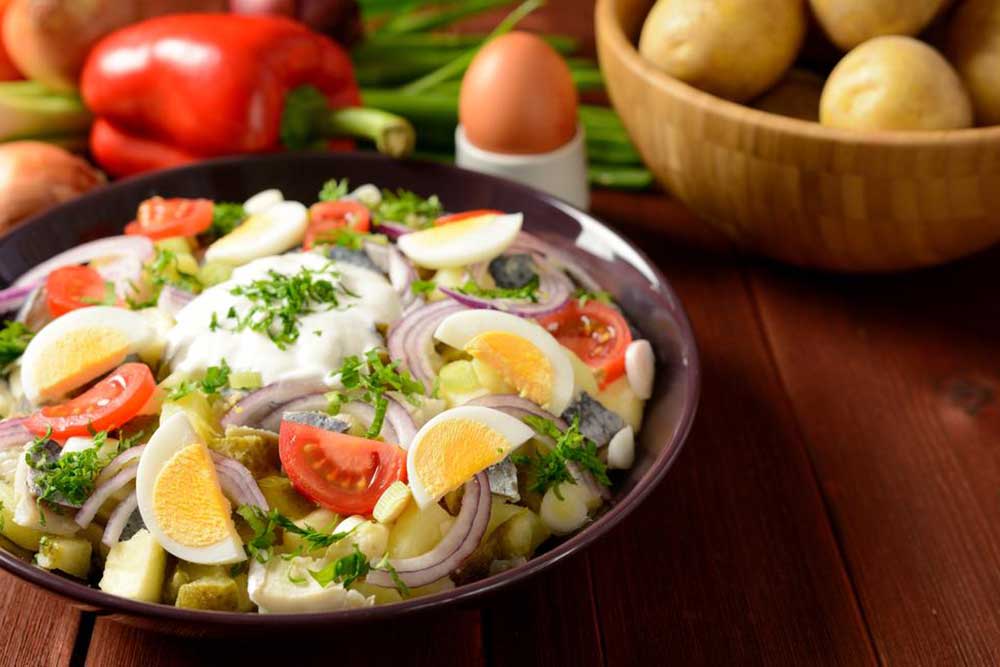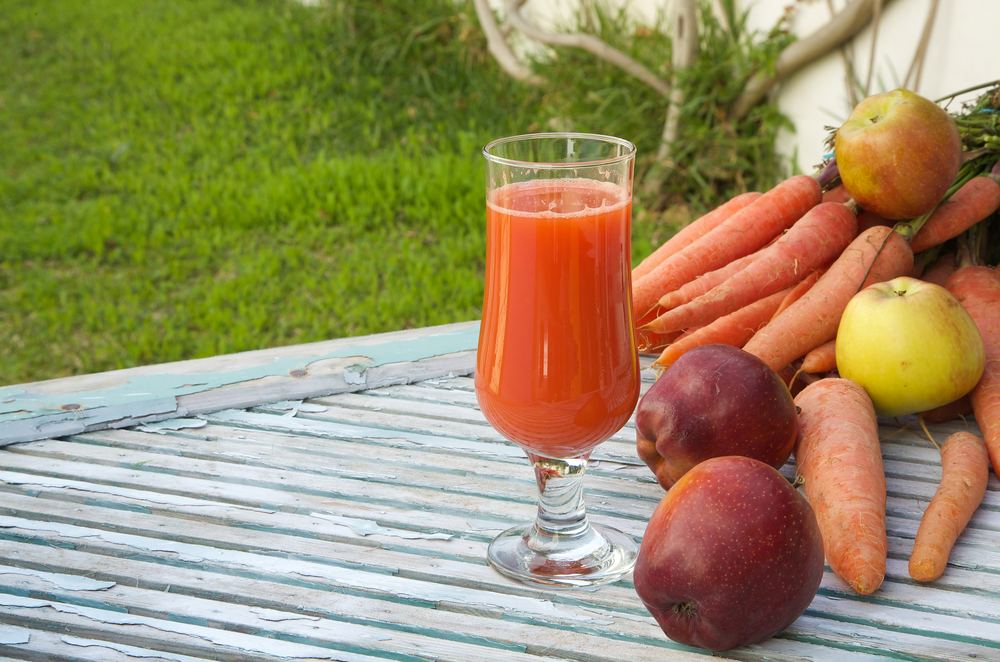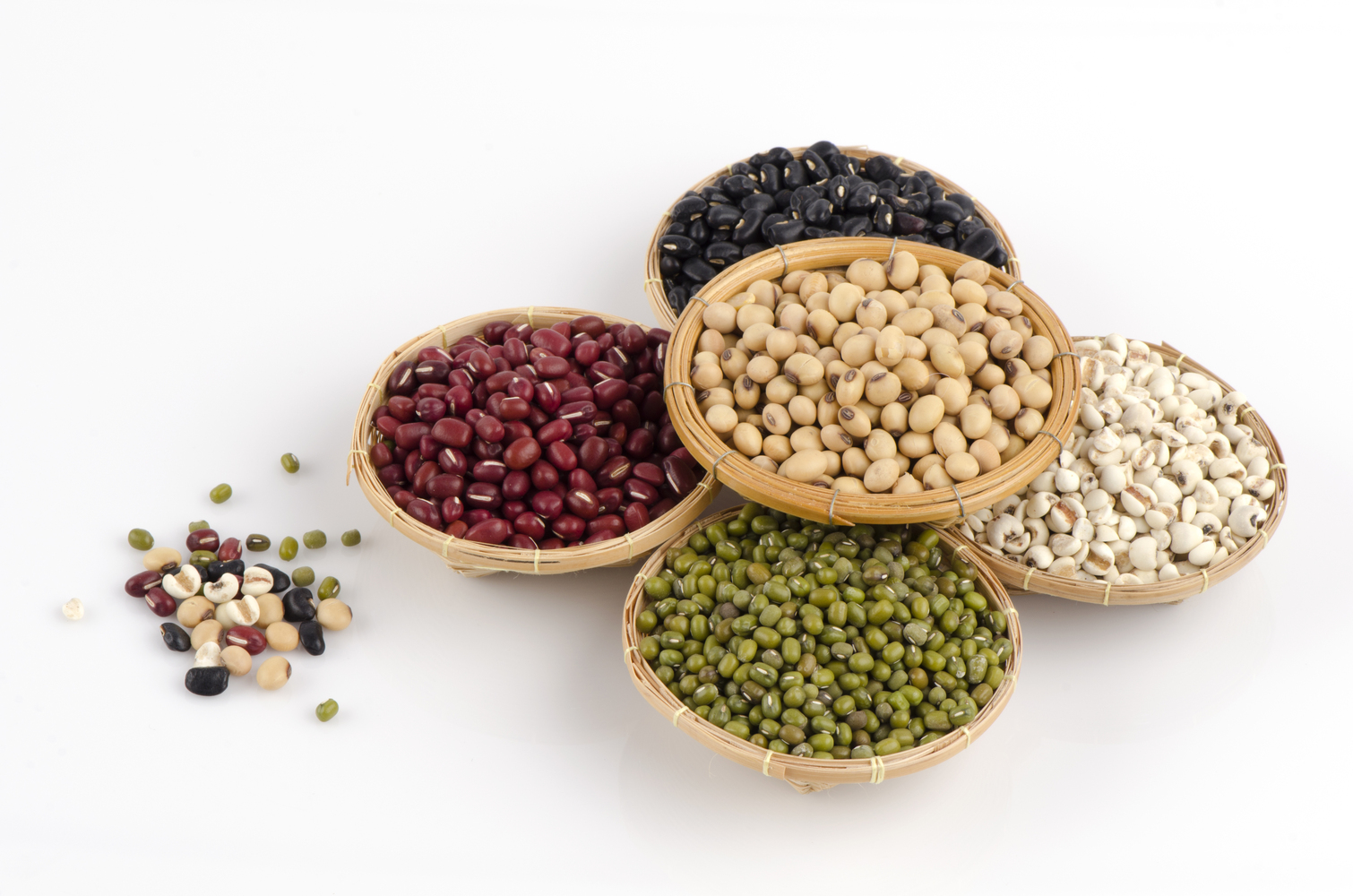Comprehensive Guide to Kidney-Friendly Dietary Choices for Optimal Kidney Health
Discover effective dietary strategies to support kidney health with a focus on nutrient-rich foods like cauliflower, blueberries, sea bass, and red grapes. Learn how proper nutrition can aid recovery, reduce inflammation, and maintain renal function. This comprehensive guide offers practical tips for incorporating kidney-friendly foods into your daily diet, helping you prevent or manage kidney issues effectively and enjoy improved overall health.

Comprehensive Guide to Kidney-Friendly Dietary Choices for Optimal Kidney Health
The human body's organs serve critical functions essential for maintaining overall health and well-being. Among these, the kidneys play a vital role in filtering waste, regulating electrolytes, and balancing fluids. Many individuals overlook the importance of kidney health until issues arise, highlighting the necessity of proactive care and lifestyle management. Diet is one of the most impactful aspects of supporting kidney function, especially for those already experiencing kidney problems or aiming to prevent future issues. In addition to medical treatments, adopting a carefully curated diet can significantly enhance recovery, reduce stress on the kidneys, and promote overall health.
Medical professionals often recommend specialized renal diets designed to minimize the workload on kidneys and prevent further deterioration. These diets focus on controlling intake of specific nutrients like sodium, potassium, phosphorus, and protein, while emphasizing nutrient-rich foods that support recovery. Incorporating kidney-friendly foods into your daily meals can make a substantial difference in maintaining kidney health and ensuring the organs function optimally.
Cauliflower: A versatile and nutrient-dense vegetable, cauliflower is a cornerstone of kidney-supportive diets. It is abundant in Vitamin C, Vitamin K, and B-vitamins, which are necessary for cellular repair and immune function. Moreover, cauliflower boasts anti-inflammatory compounds, including glucosinolates and indole-3-carbinol, which help reduce swelling and inflammation in the kidneys. Substituting traditional high-carb sides like mashed potatoes with mashed cauliflower not only decreases carbohydrate load but also lessens the strain on compromised kidneys. Cauliflower can also be roasted, steamed, or added to casseroles, providing numerous culinary options that benefit kidney health.
Blueberries: These small, vibrant berries are not only delicious but also packed with antioxidants such as anthocyanins and flavonoids. These compounds play crucial roles in reducing oxidative stress and supporting tissue repair, which is vital during kidney recovery. Blueberries are inherently low in sodium, potassium, and phosphorus—minerals that need to be monitored by individuals with kidney disease—making them a safe and nutritious snack option. Incorporating blueberries into smoothies, yogurt, or salads can enhance flavor and health benefits while supporting kidney function.
Sea Bass: As an excellent source of Omega-3 fatty acids, sea bass contributes to reducing systemic inflammation, which is often elevated in kidney disease. The anti-inflammatory properties of Omega-3s help mitigate kidney inflammation and may slow disease progression. While sea bass is relatively high in phosphorus—a mineral that requires monitoring in kidney patients—consumption in controlled portions (about 3 ounces) occasionally can provide health benefits without overburdening the kidneys. Grilling or baking sea bass preserves its nutritional quality and makes for a healthy, kidney-conscious meal.
Red Grapes: Rich in Vitamin C and natural antioxidants such as resveratrol, red grapes are beneficial for kidney recovery and overall health. These compounds help combat infections, reduce inflammation, and support cellular repair. Daily intake of about half a cup of red grapes is often recommended by healthcare professionals to aid in the healing process, especially for those recovering from kidney-related conditions. Red grapes can be enjoyed on their own, added to fruit salads, or included in smoothies for a tasty and nutritious boost.
Overall, adopting a diet rich in these kidney-friendly foods, while regulating intake of certain minerals and nutrients, can significantly support renal health. It is crucial for individuals with existing kidney issues or those at risk to work closely with healthcare providers or registered dietitians. Personalized dietary plans ensure that nutritional needs are met without aggravating kidney conditions. In addition to diet, maintaining a healthy lifestyle through regular exercise, proper hydration, and avoiding nephrotoxic substances like excessive salt and processed foods further enhances kidney health. A comprehensive approach combining medical treatment, dietary management, and lifestyle changes can lead to better outcomes and a healthier life.
By understanding the nutritional benefits of specific foods and making informed choices, you can proactively support your kidney function and overall health. Remember, small daily dietary adjustments can accumulate to make a significant long-term impact, ultimately promoting vitality and well-being for years to come.





